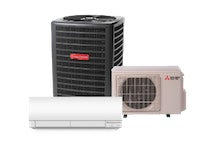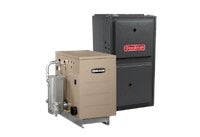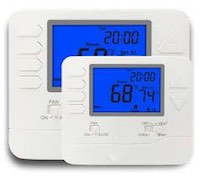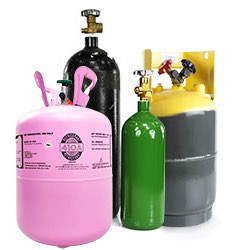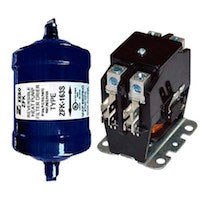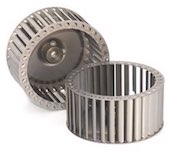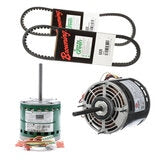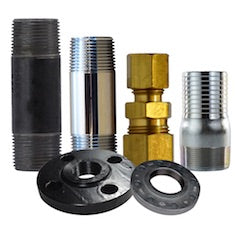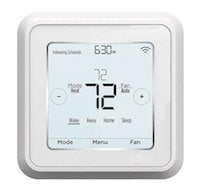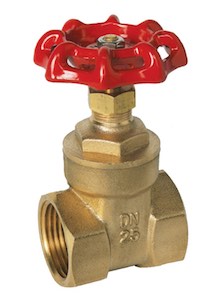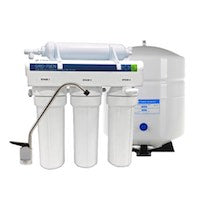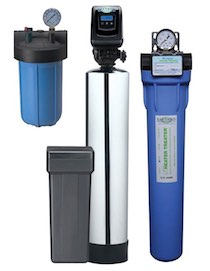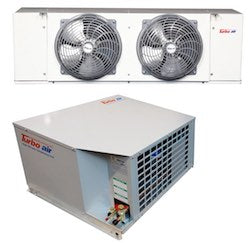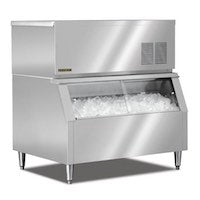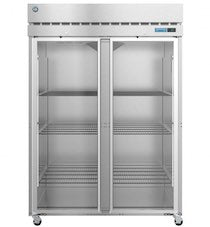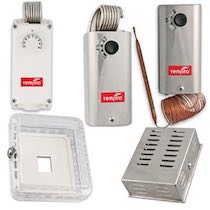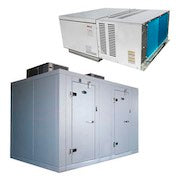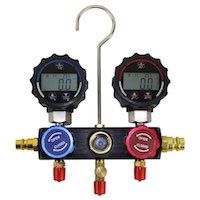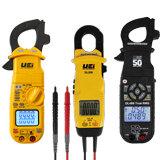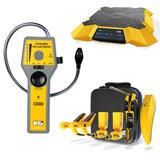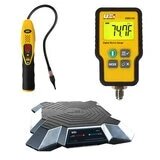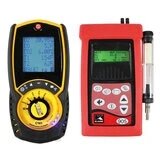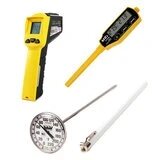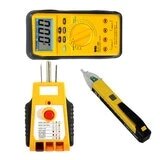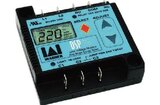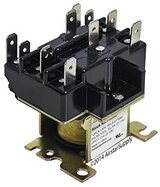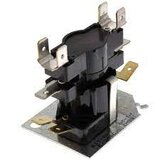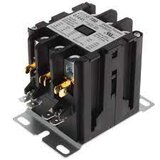
Unlocking the Power of Electrical Controls: Why They Are Essential for Modern Industries
Electrical controls are the backbone of modern industries, enabling automation, efficiency, and safety across various sectors. Whether you're in manufacturing, HVAC, or industrial automation, the right electrical controls are crucial for optimizing your processes. In this article, we'll explore the key benefits of electrical controls and why they are indispensable for businesses today.
Why Electrical Controls Are Essential
In today’s fast-paced industrial environment, electrical control systems are not just a luxury but a necessity. These systems manage, command, direct, and regulate the behavior of other devices or systems using control loops. By automating repetitive tasks, electrical controls reduce the need for manual intervention, leading to higher productivity and consistency.
Industrial electrical controls are designed to ensure the seamless operation of machinery and equipment. For example, in a manufacturing plant, they can control the operation of conveyors, motors, and other critical machinery, ensuring they operate at optimal efficiency. This automation not only reduces labor costs but also minimizes the risk of human error, leading to fewer downtimes and higher operational efficiency.
Key Benefits of Electrical Controls
1. Increased Efficiency: One of the most significant advantages of using electrical control panels is the increase in operational efficiency. By automating processes, businesses can achieve consistent output and reduce energy consumption. This is particularly important in industries where precision and timing are critical.
2. Enhanced Safety: Safety is a top priority in any industrial setting, and electrical control systems play a vital role in ensuring it. These systems can monitor the performance of equipment and shut down operations if they detect any malfunctions, preventing accidents and damage to machinery.
3. Cost Savings: While the initial investment in electrical controls might seem significant, the long-term savings are substantial. Automated systems reduce the need for manual labor, lower energy consumption, and extend the lifespan of equipment by ensuring it operates within safe parameters.
4. Scalability and Flexibility: Modern industrial electrical controls are designed to be scalable and flexible. As your business grows, these systems can be easily upgraded or expanded to accommodate new machinery or processes, making them a long-term solution for evolving industrial needs.
5. Improved Quality Control: Consistency is key to maintaining high-quality standards, and electrical controls help achieve this by minimizing human error and ensuring precise control over production processes. This leads to higher-quality products and less waste.
Applications of Electrical Controls
Electrical controls are used across various industries, including manufacturing, HVAC, energy, and more. In manufacturing, they are essential for controlling assembly lines, robotic arms, and other machinery. In HVAC systems, electrical control panels regulate temperature, humidity, and air quality, ensuring a comfortable and safe environment.
In the energy sector, electrical controls are crucial for managing power generation and distribution, ensuring that electricity is delivered efficiently and safely to consumers. These systems are also vital in renewable energy applications, where they control the operation of solar panels, wind turbines, and other green technologies.
Choosing the Right Electrical Controls
When selecting electrical controls for your business, it's essential to consider factors such as reliability, scalability, and ease of integration with existing systems. Working with a reputable supplier who can provide customized solutions tailored to your specific needs is crucial for maximizing the benefits of these systems.

 HVAC
HVAC
 Plumbing
Plumbing
 ELECTRICAL
ELECTRICAL
 Tools & Test Instruments
Tools & Test Instruments
